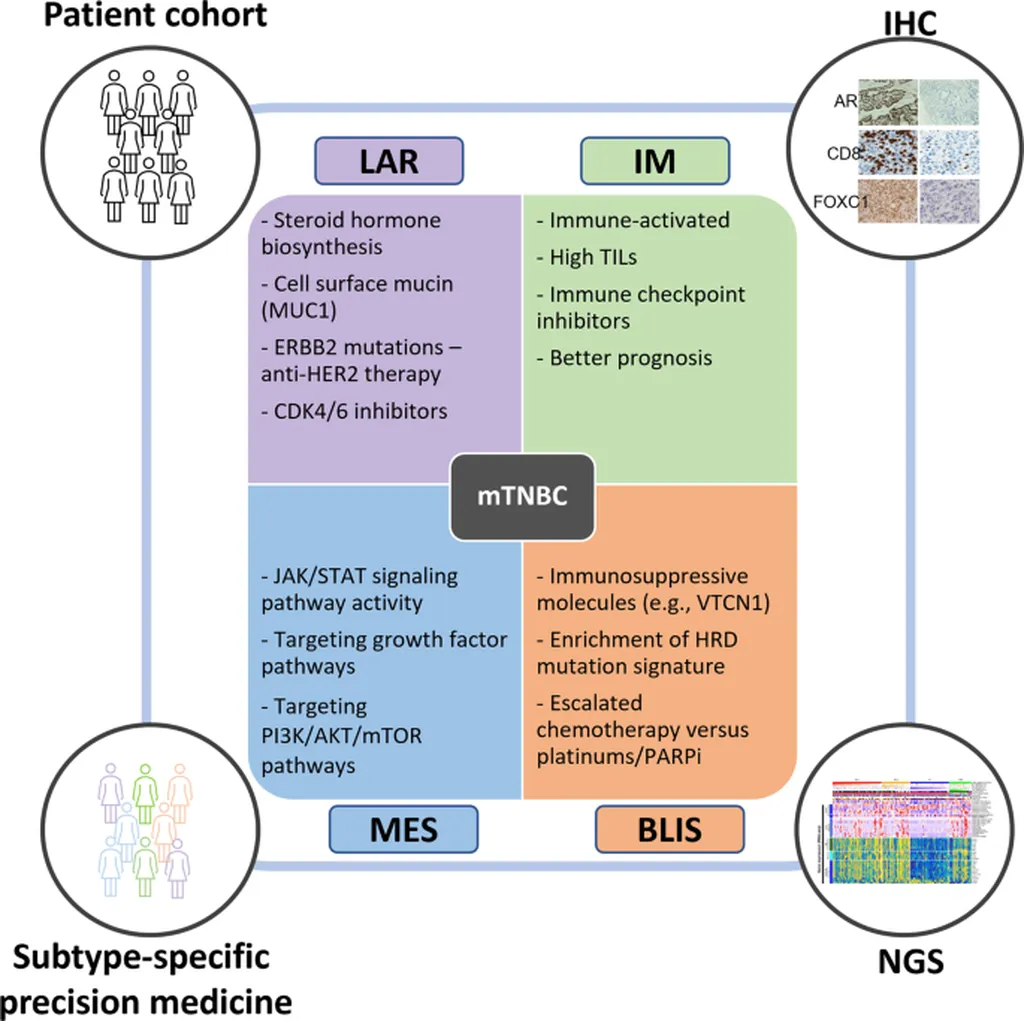In the ever-evolving landscape of targeted cancer therapies, a groundbreaking review published in *Discover Nano* (which translates to *Explore Nano*) has shed light on the promising advancements and challenges in the synthesis, characterization, and mechanism of action of antibody-drug conjugates (ADCs) and antibody-conjugated nanoparticles (ACNPs). Led by Tanu Dixit from the Faculty of Medical and Health Sciences at Symbiosis School of Biological Sciences, Symbiosis International (Deemed University), this research offers a comprehensive analysis that could reshape the future of targeted bioconjugates.
ADCs and ACNPs represent a significant leap forward in precision medicine, combining monoclonal antibodies with cytotoxic payloads or nanocarriers to deliver targeted therapy directly to tumor cells. This approach not only enhances the therapeutic window but also minimizes systemic toxicity, a critical factor in improving patient outcomes. “The precision of ADCs in cell killing is unparalleled,” Dixit explains, “but we are also seeing remarkable potential in ACNPs due to their ability to carry higher drug-to-antibody ratios and penetrate tumors more effectively.”
The review highlights the innovative synthesis methods that have emerged, particularly site-specific conjugation techniques, which have significantly improved batch consistency. Characterization technologies such as SEC-HPLC, LC-MS/MS, and SPR have also played a pivotal role in addressing challenges related to drug-to-antibody ratio quantification and aggregation. “These advancements are crucial for ensuring the efficacy and safety of these therapies,” Dixit notes.
One of the most exciting aspects of the research is the development of PEGylated maleimides, which balance hydrophilicity and stability, and the exploration of emerging payloads. These innovations are paving the way for more effective and targeted treatments. However, the journey is not without its hurdles. ADCs face challenges such as manufacturing complexity and resistance mechanisms, while ACNPs require standardized in vitro models to predict in vivo behavior accurately.
Despite these challenges, the future looks bright. With 14 FDA-approved ADCs and ACNPs in Phase I/II trials, the field is poised for significant growth. Dixit emphasizes the importance of comparative efficacy studies and strategies for optimizing antibody density and orientation on nanoparticles. “These insights are crucial for bridging the gaps between synthesis, characterization, and therapeutic outcomes,” she says.
The implications for the energy sector, particularly in the realm of targeted drug delivery, are substantial. As the demand for more efficient and precise medical treatments grows, the advancements in ADCs and ACNPs could lead to the development of new therapies that are not only more effective but also more cost-efficient. This could have a ripple effect on the healthcare industry, ultimately benefiting patients and healthcare providers alike.
In conclusion, the research led by Tanu Dixit offers a compelling glimpse into the future of targeted bioconjugates. As the field continues to evolve, the insights gleaned from this review will be instrumental in shaping the development of new therapies that could revolutionize the way we treat cancer and other diseases. The journey is far from over, but with each new discovery, we move one step closer to a future where precision medicine is the norm rather than the exception.

